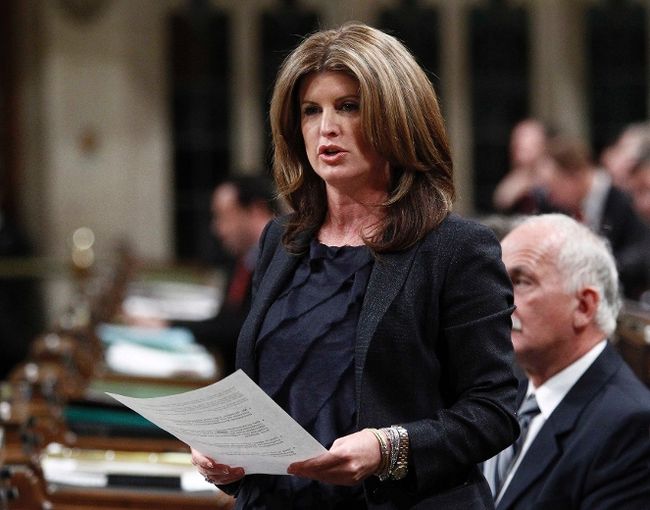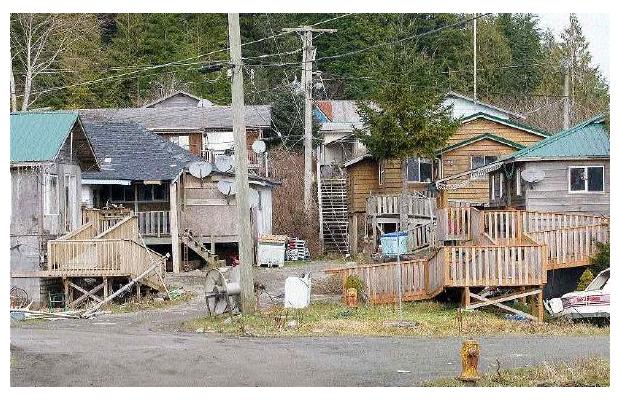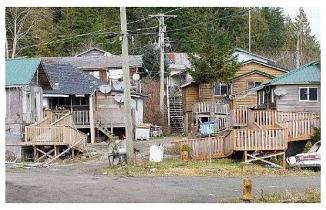First Nations face controversial property bill battle
A bill which the Conservative government claims will protect the property rights of people living on reserves is about to become law. Critics of the bill which deals with matrimonial property on reserves, argue the government’s approach to this issue continues a long history of patriarchal treatment, and ignores the true reasons why women are in these situations in the first place; mainly poverty, overcrowded reserves, and higher than average crime rates. The government claims the bill is designed to protect women who are being victimized when the breakdown of a marriage occurs.
The bill called Family Homes on Reserves and Matrimonial Interests or Rights Act, was introduced to allow family members living on and off reserves the same rights to claim property and assets during a marital breakdown. The Aboriginal Affairs and Northern Development Canada website discusses a 1986 case Derrickson v. Derrickson, in which the Supreme Court decided that provincial and territorial courts were not able to rule on family law cases as reserves fall under federal jurisdiction.
The department website notes that there had been a legislative gap, and that the introduction of this bill will aim to fill it. The bill allows for spouses to decide on rights to the shared matrimonial home, as well as the introduction of support services offered to victimized spouses who need them. Status of women minister Rona Ambrose touched on the issue of the bill assisting victimized women in a statement to the Canadian Press June 11th.
"This new law will also save lives — by giving aboriginal women access to emergency protection orders in violent situations,” said Ambrose.
NDP MP Niki Ashton was one of the vocal critics of this bill who accused the government of implementing paternalistic laws.
"When we are talking about the issue of violence against aboriginal women, it is serious and it demands far more than a slap-in-the-face piece of paternalistic legislation," Ashton said in the House of Commons.
The bill does address one legislative gap, however more long-term solutions which promote education, and provide for the basics such as clean water and housing on reserves are needed to effect any real and long-lasting change in these areas.
Comments
There are 0 comments on this post















